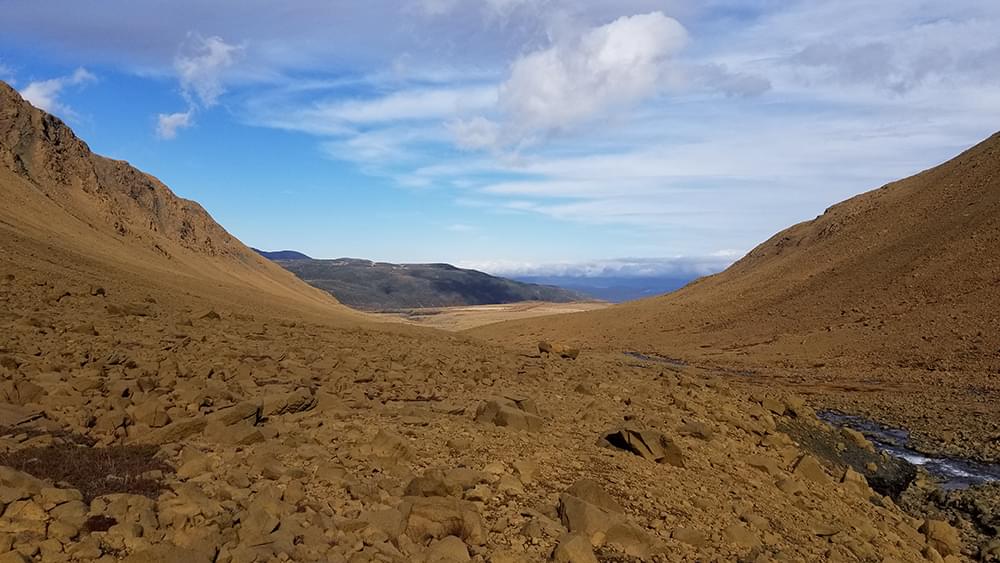A new study finds clues lurking in the Red Planet’s soil. The question of whether Mars ever supported life has captivated the imagination of scientists and the public for decades. Central to the discovery is gaining insight into the past climate of Earth’s neighbor: was the planet warm and wet, with seas and rivers much like those found on our own planet? Or was it frigid and icy, and therefore potentially less prone to supporting life as we know it? A new study finds evidence to support the latter by identifying similarities between soils found on Mars and those of Canada’s Newfoundland, a cold subarctic climate.
The study, published July 7th in Communications Earth and Environment, looked for soils on Earth with comparable materials to Mars’ Gale Crater. Scientists often use soil to depict environmental history, as the minerals present can tell the story of landscape evolution through time. Understanding more about how these materials formed could help answer long-standing questions about historical conditions on the red planet. The soils and rocks of Gale Crater provide a record of Mars’ climate between 3 and 4 billion years ago, during a time of relatively abundant water on the planet — and the same time period that saw life first appear on Earth.
“Gale Crater is a paleo lakebed — there was obviously water present. But what were the environmental conditions when the water was there?” says Anthony Feldman, a soil scientist and geomorphologist now at DRI. “We’re never going to find a direct analog to the Martian surface, because conditions are so different between Mars and Earth. But we can look at trends under terrestrial conditions and use those to try to extrapolate to Martian questions.”
